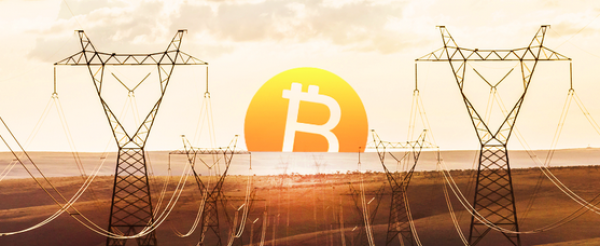Study Finds Bitcoin Energy Consumption Off the Charts
An alarming new study has discovered that bitcoin uses up an astonishing amount of energy and it is only getting worse.
From Gizmodo:
New research suggests the entire bitcoin network could consume as much as 7.7 gigawatts of electricity by the end of this year—enough to power a country the size of Austria.
The study, featured in the science journal Joule, also revealed that bitcoin could use half a percent of the world’s electric energy.
“With the Bitcoin network processing just 200,000 transactions per day, this means that the average electricity consumed per transaction equals at least 300 kWh, and could exceed 900 kWh per transaction by the end of 2018,” writes Alex de Vries, blockchain and author of the research paper, “Bitcoin has a big problem, and it is growing fast.”
Gizmodo notes that bitcoin requires numerous computers in which to work in order to time-stamp transactions along the blockchain and prevent duplication.
“The main problem is that the energy consumption primarily relates to how agreement on the underlying blockchain is reached,” de Vries told Gizmodo. “Mining makes it a big competitive lottery where the winner—every 10 minutes—gets to create the next block for the blockchain. The built-in reward for this process is fixed, so it motivates participants to constantly add new machines to the network to get a bigger slice of the pie—the more computational power the more you win.”
The demand for electricity increases as bitcoin mining becomes more popular.
“Mining power is high and getting higher, thanks to a computational arms race, Roberto Frota Decourt, a cryptocurrency expert at the Unisinos Business School in Brazil who wasn’t involved in the new study, told Gizmodo. “The required number of zeros at the beginning of a hash is tweaked biweekly to adjust the difficulty of creating a block—and more zeros means more difficulty. The bitcoin algorithm adds these zeros in order to keep the rate at which blocks are added constant, at one new block every 10 minutes. The idea is to compensate for the mining hardware becoming more and more powerful.”
- Aaron Goldstein, Gambling911.com
- Aaron Goldstein, Gambling911.com















